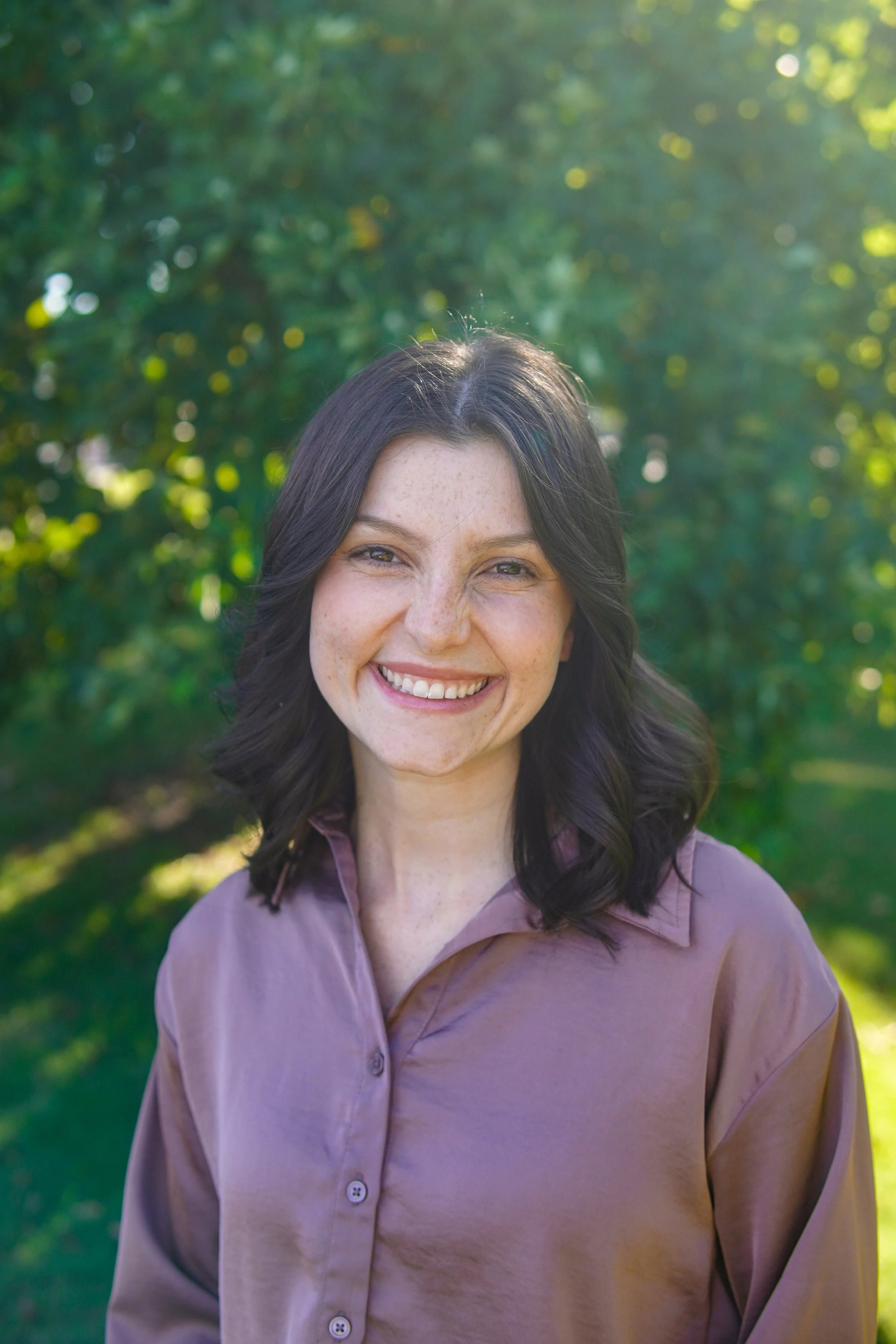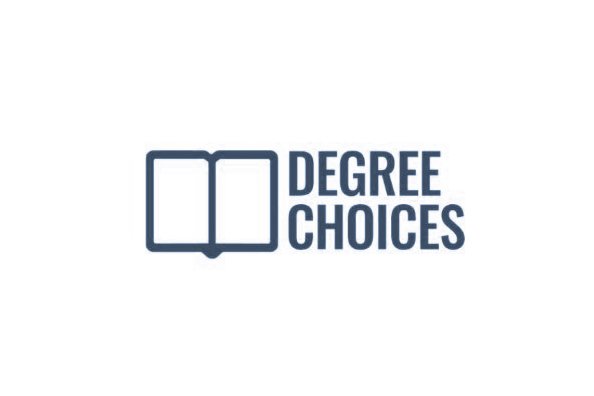
Evergreen Therapy
a mental health Initiative
Get accessible and personalized mental health care in person or from the comfort of your home. Let’s create a therapy uniquely yours.
Who We Serve
Families — the group of people who have the biggest impact on any individual’s psyche. From small families just building their legacy to large ones with complex history and who may be seeking third-party support for the first time
High Performers — the career-driven, the caretakers, chief executives, entrepreneurs, ambitious athletes, and household decision makers
Couples & Marriages — from young love to love that has stood the test of time, our therapists have helped countless relationships heal, grow and discover something new
Minors — from toddlers to pre-teens and adolescents, our therapists are go-to mental health sources for many Chattanooga and Greater Chattanooga area schools and pediatricians
What We Offer
Talk Therapy — the typical way one walks through their feelings, thoughts, and experiences with the guidance of a therapist
Yoga Therapy — traditional therapy coupled with a simple, guided, restorative yoga session
Equine Therapy — a form of therapy where one or more horses aid clients to process emotions through various ground-based exercises (not involving riding) while alongside a certified equine therapist
Play Therapy — a style of therapy designed to help toddlers and younger children express their feelings more naturally while practicing healthy coping skills
The Evergreen Approach
The clinical, systemic approach we provide as practitioners to individuals, couples, and families offers our clients comprehensive mental health treatment options that otherwise would be difficult to achieve through any single clinician. This approach allows our clients to experience the highest standard of care through an exceptional team of professional therapists. By using clinically-validated treatments, holistic approaches, and experiential practices, our clients are afforded many opportunities for inner-personal growth and healing.
It all begins with the right person to talk to…
-
Founder, Clinical Director
Licensed Marriage & Family Therapist
Licensed Professional Counselor
-
Licensed Marriage & Family Therapist
Supervisor in training
-
Licensed Marriage & Family Therapist
-
Pre-licensed Professional Counselor
-
Marriage & Family Therapist Intern
As seen In
In person options
We hold two discreet offices located in North shore, Chattanooga for individuals, couples and families seeking in-person sessions.
Can’t make it in person? No worries – we’ve got you covered with Tele-health Therapy
Connect sooner and more conveniently with our therapists from the comfort of your home. Virtual therapy empowers individuals to overcome anxieties, reservations, or inconveniences from receiving personalized mental health treatment.

























